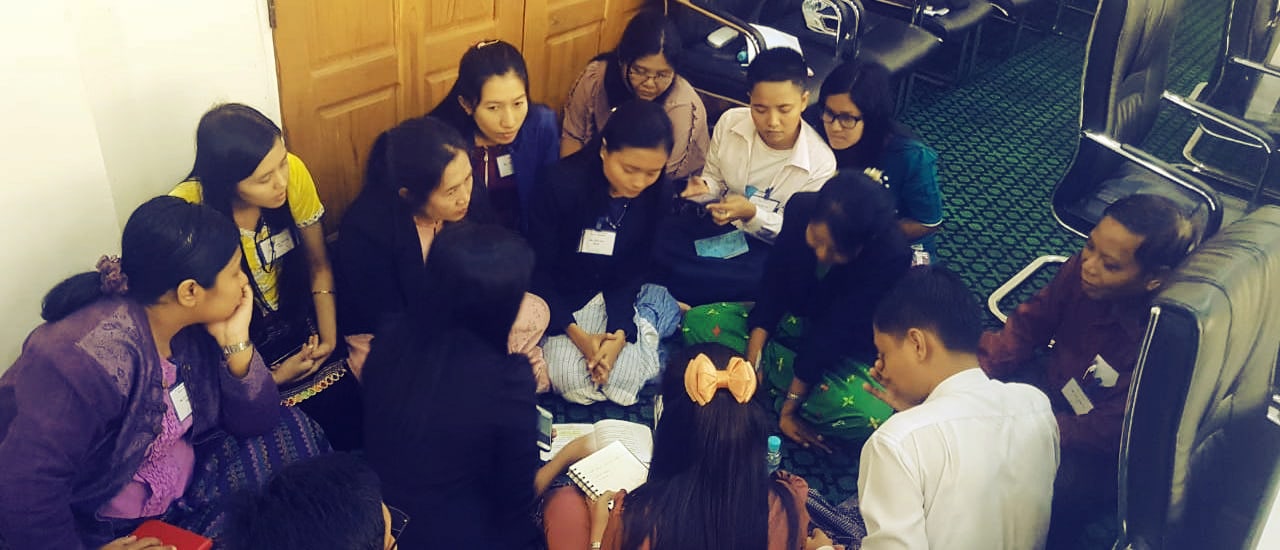Earlier this month, in collaboration with the Asia-Pacific Telecommunity (APT) and the Government of the Republic of the Union of Myanmar, we delivered a training program on Internet Governance for 32 government officials in Myanmar’s capital city, Naypyidaw.
The program ran over three days covering various topics such as Internet policy principles and regulatory frameworks, Internet infrastructure and standards, Internet for development, and cybersecurity.
What impressed me was the participants’ interest in asking questions and their active participation in discussions – it was obvious they were all very eager to learn and explore ways they could apply the learnings in their roles in the various departments they were from. We also got to discuss and see what promise digital technology holds for the country.
I have had the opportunity to visit Myanmar several times, including well before the democratic reforms began. In the few years since those reforms brought Myanmar to the world stage, the country has gone through tremendous transformation. I distinctly remember the difficulties in getting access to the Internet and the lack of mobile phones during my earlier visits.
Today, it’s a very different story. There are multiple service providers, and multiple cable landing stations that provide great redundancy and cross-border connectivity for the country. Every person I came across had a mobile device, and it was obvious that they all spent a significant amount of time online – on social media in particular.
I was also very impressed with the Internet speeds. I suppose this is one positive of having come into the high-speed communications age later than others – and not having to deal with legacy equipment and their return-on-investment requirements. I was constantly connected to a 4G network, and throughput was always very good, no matter whether I was in Yangon or Naypyidaw.
The various bits and pieces are slowly coming together for Myanmar, but there are a number of things that need to be addressed. In its march towards rapid modernization, we could say a lot of what has been done in Myanmar has been on a “let’s-build-it-as-we-go” basis.
This means there are a number of gaps in the regulatory and policy space that have not been fully thought through or bridged. Yet, things continue to move rapidly so some of these gaps look to be widening, particularly in the areas of approval for communications equipment, data protection and privacy, cybersecurity, and digital literacy.
There are moves underway to form an independent regulator, which is a good step forward and essential to ensuring that regulatory decisions are made in an impartial manner. Along with that, a cybersecurity law is under development.
All these will need continued capacity-building initiatives to help things along, and the Internet Society was pleased to be able to collaborate with APT in providing training on a range of Internet Governance issues. We look forward to continuing to provide support in our areas of expertise, and help Myanmar realize its digital potential.

